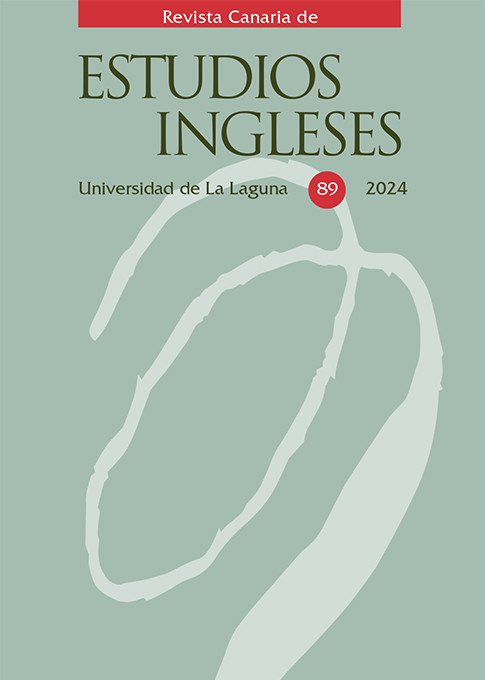Land Property, Land Destruction: Ecogothic vs. Capitalism in Bram Stoker’s The Snake Pass
Abstract
In 1890, the future author of Dracula, Bram Stoker, published one of the most undervalued, yet innovative and interesting novels among his literary productions: The Snake’s Pass. Beyond the narration of the love story between Arthur and Norah, the novel depicts a Western Ireland scenario in which the chrematistic aims of the characters coalesce with the destruction of the landscape and, in consequence, the destruction of the environment, for a treasure is said to be hidden in the bog. Thus, the conflict coming of the extemporaneous ownership of the land (Arthur is English) leads to a questioning of how the ambition based on capitalistic-industrialist impulses (the treasure-hunt is rational and machine-ridden)
means the destruction of the environment and the perversion of the community that had traditionally been attached to that part of the country. The goal of this article is to explore how Stoker ciphered all these elements, creating an original literary product that announces some of the key conflicts in the British Isles (land property) when seen through the lens of modern criticism.



